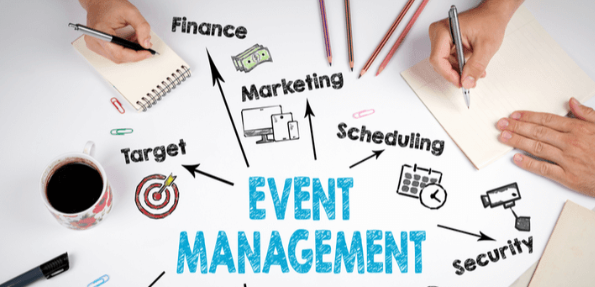In the modern business landscape, conference event management plays a pivotal role in fostering collaboration, networking, and knowledge sharing. Companies, organisations, and industry leaders are increasingly turning to conferences as a means of establishing thought leadership, cultivating business relationships, and engaging with their audience. Whether it’s a small seminar or a large international event, effective event management is crucial for creating an experience that leaves a lasting impact.
The first step in conference event management is understanding the purpose and goals of the event. Is it aimed at launching a new product? Or is it designed to provide professional development and learning opportunities for attendees? Defining clear objectives helps to steer the entire planning process, from content creation to venue selection. It also ensures that the right audience is targeted, ensuring maximum attendance and engagement.
Once the purpose of the event is clear, the next phase involves selecting a suitable venue. The location should be convenient for attendees and equipped with the necessary technology and facilities. For example, high-speed internet, audio-visual equipment, and break-out rooms are often essential to facilitate discussions, workshops, and presentations. In addition to practical considerations, the atmosphere of the venue should reflect the event’s theme and tone, whether it is formal, informal, or innovative.
A well-structured schedule is another key element of conference event management. It is important to balance a variety of activities that cater to different interests and preferences. A mix of keynote speakers, panel discussions, and interactive workshops encourages engagement and ensures that attendees remain stimulated throughout the event. Well-timed networking breaks allow participants to build connections and share insights, further enhancing the overall experience.
Another critical aspect is the use of technology. In today’s digital age, technology can significantly enhance the conference experience. Live streaming, virtual participation, and interactive apps allow attendees to engage with the content, even if they cannot attend in person. Additionally, these tools can help in streamlining registration, managing schedules, and providing real-time updates, making it easier for both organisers and participants to stay on track.
On the day of the event, smooth execution is essential. The event team should be prepared to manage any unexpected issues, ensuring that the experience is seamless for all attendees. Good communication between the event team, speakers, and participants helps to avoid confusion and ensures that everything runs according to plan.




